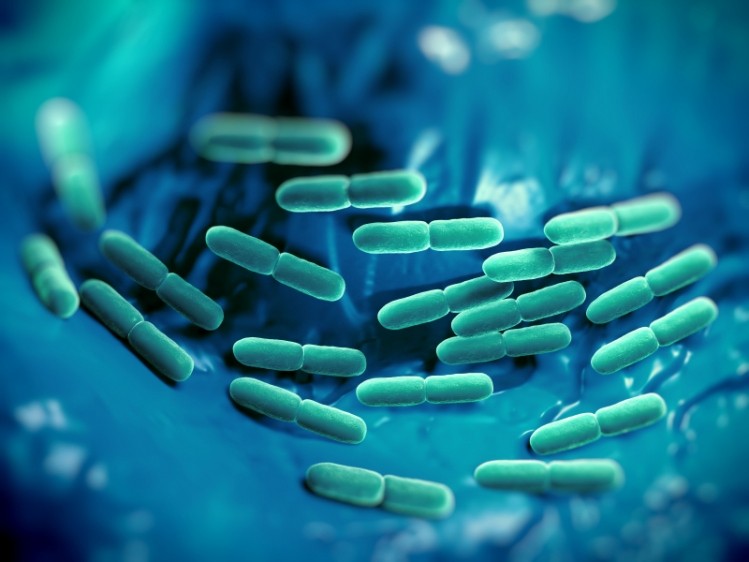Thousands of new microbial communities identified in the human body

The new measurements of microbial communities have been identified in the gut, skin, mouth and vaginal microbiomes.
The human microbiome is a key component in the maintenance of health and the immune system, and can also help with disease prevention.
It has been extensively researched due to the suggested health benefits of a diverse microbiome, from allergies to cancer.
The Human Microbiome Project, a United States National Institutes of Health initiative running from 2008 to 2013, remains to be the largest body-wide combined amplicon and metagenome survey of the healthy microbiome.
Body-wide diversity
Researchers from Harvard T.H. Chan School of Public Health, Broad Institute of MIT and Harvard, and the University of Maryland School of Medicine, have produced a report using data from the Human Microbiome Project.
The report is a three-fold expansion of the data and will allow researchers to identify differences in an individual’s microbiome and to track them across the body over time.
The researchers, led by Curtis Huttenhower, analysed 1, 631 new samples from 265 individuals from diverse body sites and from multiple points in time.
By examining microbes at multiples times, researchers were able to determine which parts of the microbiome community changes or stays stable over time.
"The study has given us the most detailed information to date about exactly which microbes and molecular processes help to maintain health in the human microbiome,” said Huttenhower, an associate professor of computational biology and bioinformatics at Harvard Chan School and associate member of the Broad Institute.
By using DNA sequencing tools, the team were able to provide one of the largest profiles of non-bacterial members of the microbiome across the body, identify microbes with specific strains within each body site, profile the biochemical activity that allows microbes to help maintain human health and also identify how the microbes and their biochemistry change over time.
The researchers discovered 54 bacterial species previously unknown to be living in the human body, as well as networks of viruses, fungi and archaea.
Published in the journal Nature, the study determines which species make up individual microbiomes and how they communicate with human cells.
The researchers also commented that more studies would need to be carried out to fully understand the microbiome and its functions.
“Just as sequencing one human genome, without information about variability or context, didn’t immediately lead to extensive new drugs or therapies, so too will we need to look at the microbiome with an extremely fine lens, in many different contexts, so that we can understand and act on its specific, personalised changes in any individual disease or condition,” said Jason Lloyd-Price, postdoctoral associate at the Broad Institute, postdoctoral fellow at Harvard Chan School, and author of the report.
The research team said that geographical variants of the study should also be carried out to produce a worldwide picture of the human microbiome, rather than just the Human Microbiome Project’s focus on North America.
Source: Nature
"Strains, functions and dynamics in the expanded Human Microbiome Project"
Published online, 20 September 2017, DOI: 10.1038/nature23889
Authors: Jason Lloyd-Price, Curtis Huttenhower et al















